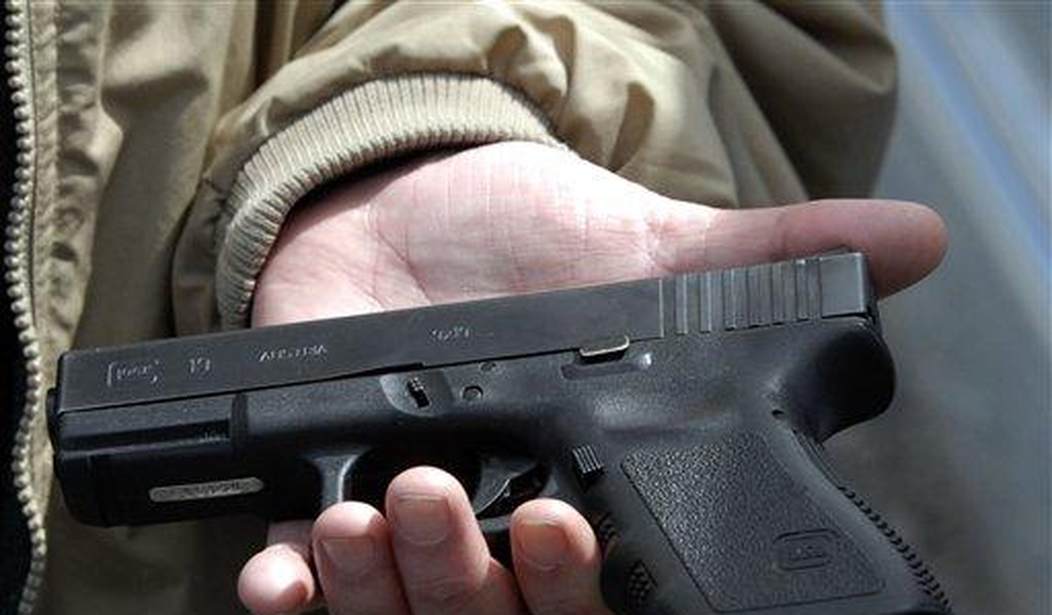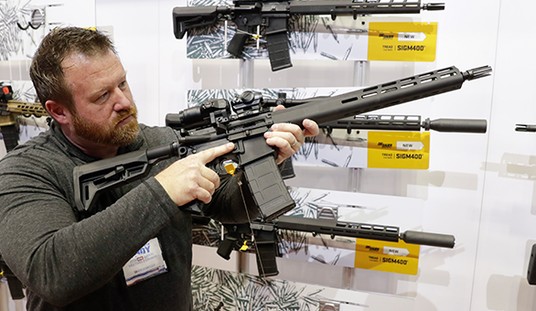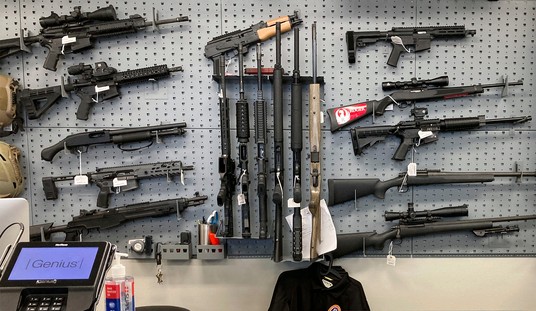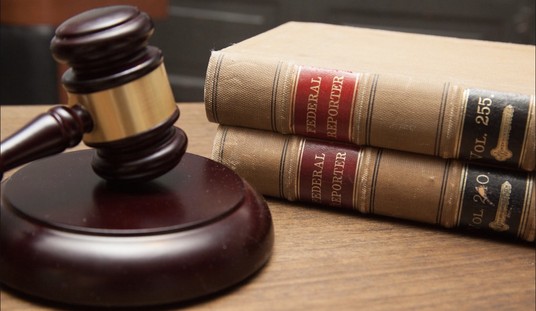Would-be gun owners in New Zealand will have to provide the government with a host of personal information, including any overseas travel that lasted more than 14 days, before they can receive permission to own a firearm under new laws taking effect today.
The restrictions, which were approved by New Zealand’s parliament after the Christchurch shooting at a mosque in 2019 in which 51 people were murdered, also include a national gun registry, though that portion of the law isn’t expected to be implemented until next year.
And despite the high-profile push to crack down on legal gun owners, including the country’s ban on lawfully-purchased semi-automatic firearms, New Zealand’s police minister says residents shouldn’t expect to see the new gun laws have much of an immediate impact.
Police Minister Poto Williams told Morning Report while the new laws may mean less people have a firearms licence, it’s not necessarily so.
“Currently, because we haven’t had a register for nearly 30 years, we have no idea how many firearms there are in our community and that is an issue for us,” she said.
“It may be that people who want firearms who currently don’t have a firearms licence may be able to get one. It really is about the application of a much more stringent fit and proper person test, much clearer vetting of people, much better handle on their associations.”
The current laws aren’t fit enough to ensure the right processes are in place to check people with firearms, she said.
“This is not going to change the situation overnight but … if we don’t do this we will not be able to have an ability to keep our communities safe from firearms violence.”
I’m going to go out on a limb and predict that the latest round of gun control isn’t going to have any short-term or long-term impact on the country’s rising violent crime. After all, the ban on semi-automatic firearms hasn’t made the country any safer.
On Sunday the Herald revealed new police data which showed New Zealand was awash with guns and frontline officers were encountering about 10 firearms every day.
The worrying statistics showed police carrying out their duties have discovered more than 10,000 firearms across the country in the past three years.
They also confirmed Auckland is a hotbed for gun violence, with Counties Manukau police recording the highest number of weapons nationwide and the city’s three policing districts accounting for about half the nation’s firearms-related injuries and deaths.
The rise in gun violence, particularly in Auckland, has been linked to growing gang tensions, the growth of Australia’s 501 deportees and the illicit drug trade.
The Police Association said the Herald’s figures backed up the experiences of frontline officers and would fuel calls for routine arming of police.
In other words, things have gotten worse, not better, since Prime Minister Jacinda Ardern rammed through the gun ban in the wake of the mass shooting in Christchurch almost three years ago. Why would we expect these new policies to be any more effective? All these new rules do is make it harder for people to legally own a firearm. I’m guessing that those engaged in gang violence and the illicit drug trade aren’t all that worried about being in compliance with New Zealand’s gun control laws, which means the folks who are going to really feel the impact are those legal gun owners who could now be deemed unfit to possess a firearm because they don’t pass the government’s subjective “proper person” test.
But as the country’s police minister has made clear, “owning a firearm in New Zealand is a privilege, not a right,” which ensures that any court challenge is going to face an uphill climb. It’s also a perfect example of why we can’t let our Second Amendment rights be relegated to second-class status or viewed as a privilege here at home. There are plenty of American gun control activists who would love for our country to follow New Zealand’s lead, and at the end of the day whether or not these laws reduce crime is irrelevant to them. What’s really important is that the laws reduce the number of legal gun owners, and in that respect New Zealand’s latest round of gun control may very well prove to be a success, even if it’s a disaster for public safety.









Join the conversation as a VIP Member